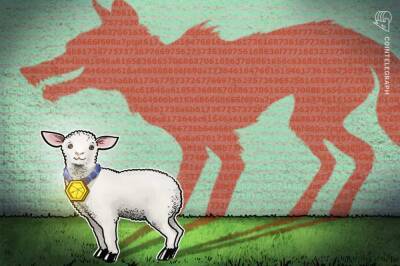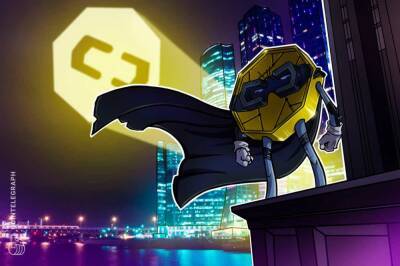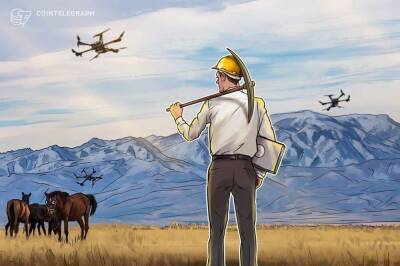If the gig economy won’t look after its workers, this government must
When the then Conservative cabinet minister, Norman Tebbit, fondly remembered how his dad went out on his bike to look for work he could hardly have imagined how many hundreds of thousands of people would be doing just that.
The number of delivery riders working in the gig economy has boomedduring the pandemic, and for some it has been a good way to earn some extra cash. Others, however, are stuck working long hours below the minimum wage and with no employment rights or benefits. Like a gigging musician playing in a pub, in the gig economy you bring your own equipment and the amount you earn depends on the number of people who show up. Today, many gig economy workers register with apps which connect them to customers requiring something or someone to be picked up or dropped off. Often, when they log into the app, they don’t know how many jobs they will get or what they will earn. They receive nothing for waiting time, no compensation if they are injured on the job, and no guidance on how work is allocated. This has led gig economy workers to demand recognition from these apps-based companies that they are employees.
When the supreme court dismissed Uber’s appeal against an employment tribunal in February 2021, it was a landmark victory for workers’ rights, taking aim at unethical practices in the gig economy which mask employment as self-employment. The ruling included requiring Uber to recognise that working time starts when their drivers log in, and ends when they log off. Since then, Uber has recognised their 70,000 UK drivers as workers, paying in-work employee benefits, setting up auto-enrolment pension schemes, and allowing them to take paid holidays.
However, as I raised in the House of Commons after the supreme
Read more on theguardian.com


















